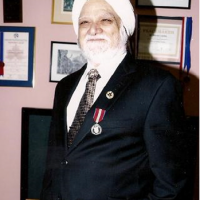Jean-Paul Sartre said that man, in the course of his life, has invented himself and all the values, meanings, truth, justice and religions; so, man’s essence is a spin-off of his existence.
He finds meaning in life because he believes life is eternal. He thinks his ethical choices and actions stretch beyond his terrestrial existence. But, laments Sartre, these beliefs are self-serving illusions and, so, his value system is an artificial construct.
Viktor Frankl, Sartre’s contemporary, an Auschwitz survivor —founder of the Viennese School of Logotherapy — maintained that man is capable of discovering himself and life’s meaning through suffering and experience.
The will-to-meaning enables him to find the reason to live. Sigmund Freud said that man has an innate longing for pleasure. Alfred Adler said the longing was for superiority and power.
Man does not invent this meaning in order to deceive himself; he only discovers it because it is already there. The true meaning of man’s life is to be found in the world outside of him, rather than within him. This is opposed to the traditional belief that self-knowledge is necessary for knowing the world.
Logotherapy says man is a self-determining being who is capable of transcending all conditions imposed upon him by pan-determinism. By defying the predictions about him by the pan-determinism based on his upbringing, religious orientations and socio-cultural conditioning, man finally transcends himself. To the extent he transcends himself, he actualises himself.


 Share on bsky
Share on bsky




Read 0 comments and reply